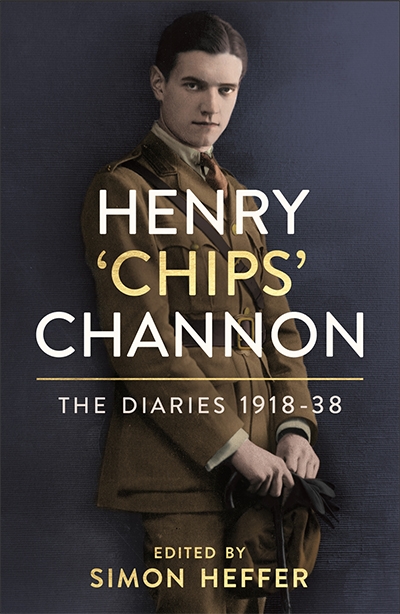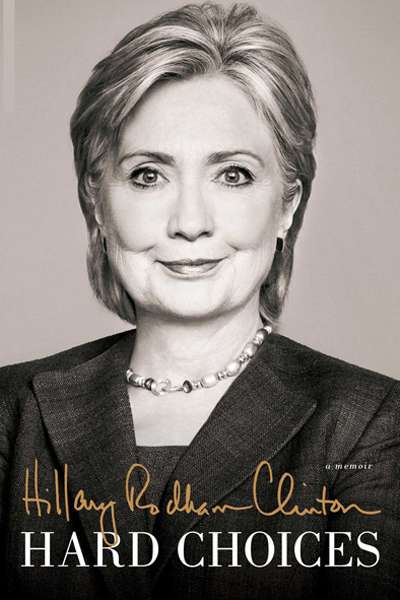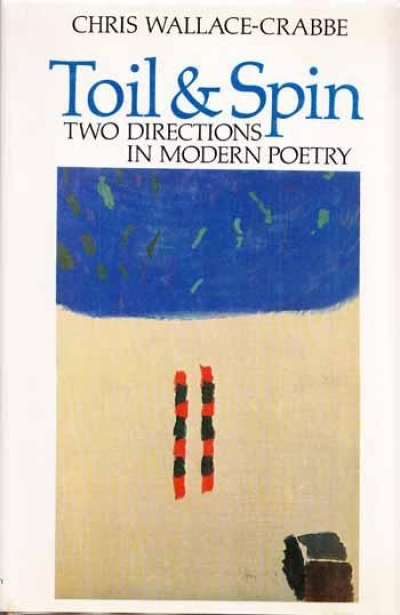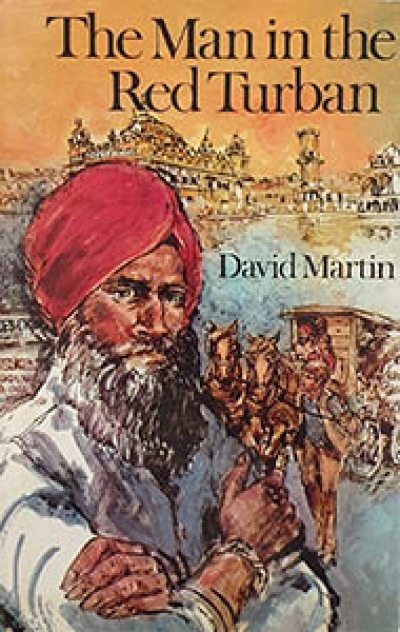Hutchinson
Hard Choices by Hillary Rodham Clinton & HRC by Jonathan Allen and Amie Parnes
by Christopher Neff •
John Howard and Tony Blair both came to the prime ministership in landslides, Howard in 1996, Blair in 1997. They were on opposite sides of the traditional political divide, Howard leading a Liberal Party opposed to Australian Labor and Blair leading the British Labour Party ...
... (read more)Toil and Spin: Two directions in modern poetry by Chris Wallace-Crabbe
by John McLaren •




